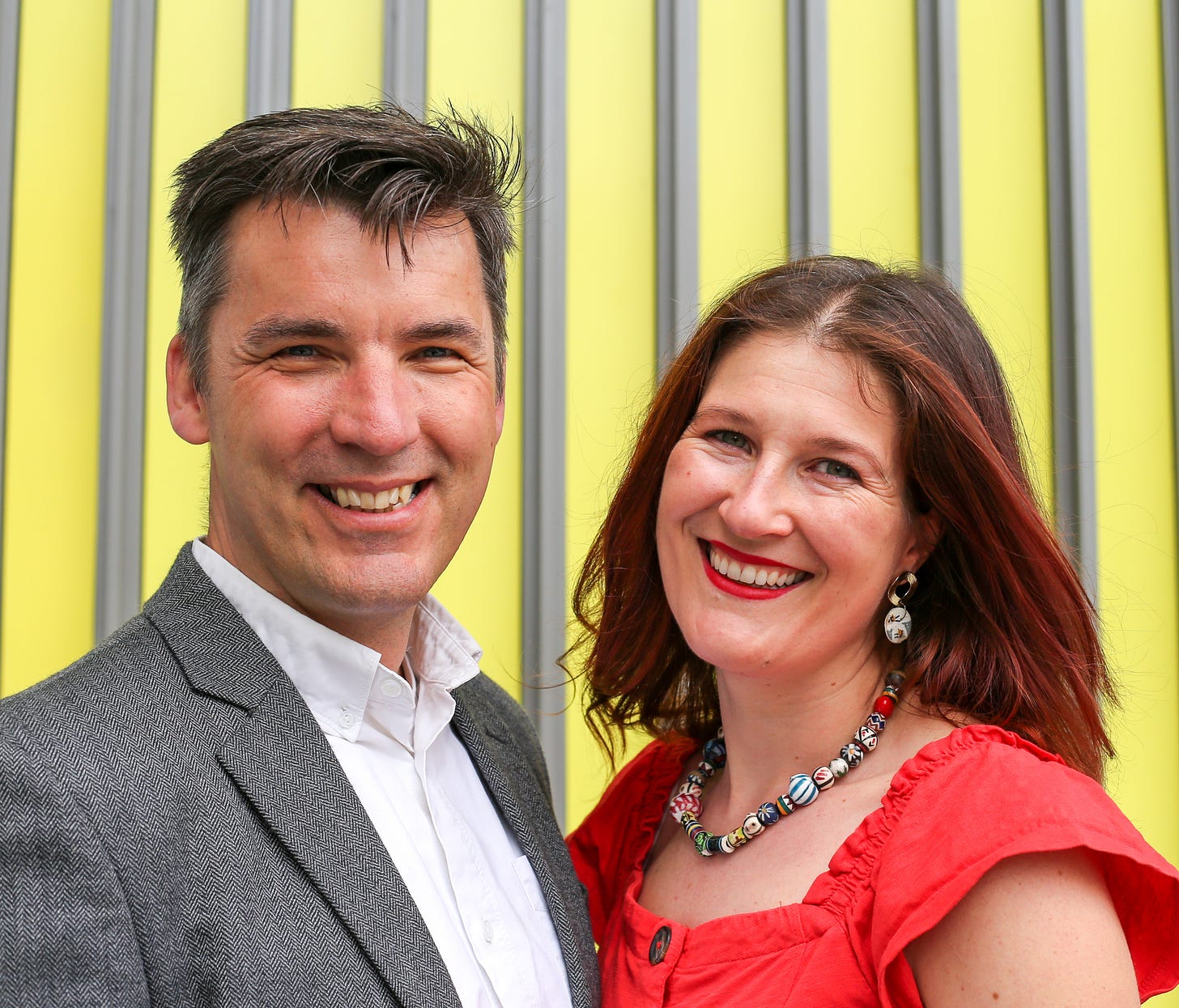The best trust fundraising advice I ever got…
by Caroline Danks
A few years ago, deep in the throes of a multi-million pound capital campaign, I met colleagues to discuss progress.
The campaign involved managing several streams of income. The nature of the work was quite divisive. Not everyone internally was convinced (donors included). One might describe it as niche.
This, along with the high target made it challenging.
Long story short, our then Head of Trusts for the whole organisation (to whom I am very grateful and also very sorry) gave me some quite cutting advice during this meeting.
Regarding the trust fundraising (for which I was almost entirely responsible) she simply said:
“You’re not making enough applications.”
Her rationale being that I wasn’t receiving many rejections (or gifts for that matter).
I decided to get sniffy and defensive about this.
I moaned to my line manager, who insisted that I call this colleague to give them feedback about the way in which they delivered this advice (which I did – it was weird, awkward and only didn’t damage our relationship in the long term because she is such a pro).
Once I’d quit whining and wasting time feeling that this feedback was unjustified (it wasn’t), I took her advice and made a load more applications. True to form, the money followed.
The state we’re in
Presently, trust fundraising is hard. We know it.
Competition is increasing, for a multitude of reasons.
I’m seeing a lot of people on various forums asking if there’s any research on the state of trust fundraising at the moment – specifically around success rates (or lack of)?
I question what the existence of such research would make people do differently?
Because ultimately – easy or hard, there is work to do, and we can’t hide away from it.
The one question
In the spirit of the ultimately fantastic feedback I received from that brilliant colleague who knew I could do better and told it to me straight, I now ask you the same question:
Are you making enough applications?
Remember that you need to be applying for a minimum of 4 x the amount needed (and if you’re making purely first time applications, its likely to be a lot higher).
So to secure £100,000. You need to send out £400,000 worth of asks.
A client we worked with a few years ago now needed to raise around £70,000 each year from trusts. Trouble is that by the end of the year, they’d only applied for around £90,000 worth of funding.
Unless you’ve been honing your trusts and foundations programme over many, many years (and are therefore confident in your prospects), these ratios simply won’t work.
Don’t take it too far
The 4:1 ratio assumes that those you’re applying to are well researched, properly qualified prospects.
Another charity we worked with took the ‘make more applications’ instruction way too far, possibly due to pandemic panic and applied to 100 trusts in 2020, compared with 50 in 2019.
The result? They raised exactly the same amount both years.
Skipping the research phase is a waste of tme for all involved.
Imagine if this charity had spent a little more time building relationships with their existing supporters – I suspect they would have seen an increase in giving.
The moral of the story
If you can carve out more time to increase your applications, do so. If trust fundraising is part of your role, then your priorities should be obvious. Question everything you’re asked to do which isn’t trust fundraising.
Embrace rejections – plenty of rejections means you’re doing it right (to a degree)!
But don’t panic and fire off a ‘cold mailing to small trusts’. Take time and care over each new approach. If there isn’t a clear fit between their giving priorities and your activities (which you can describe succinctly in your cover letter or email), then leave them for another more relevant cause.
Can you challenge yourself to send out one more application a week?
Four per month?
48 per year?
What would 10 more gifts mean for those whom your charity serves?
And if you’re absolutely confident that you can’t make any more applications, then what can you do to make your existing programme of approaches stronger?
Deeper research?
Uplifting stories included in your letters?
A fun video update for the trustees?
I hope you don’t mind my directness.
Many, like me will appreciate being told in black and white what’s needed right now. Others prefer their advice delivered with more nuance, leaving space for curiosity.
Personally, I’ll be forever grateful to Beth for her direct honesty and for her specific instruction.
I’m just sorry I was a dick about it.
It’s your final chance to get your ticket for Trust Fundraising Top 20. I really hope you can join me next Tuesday.






